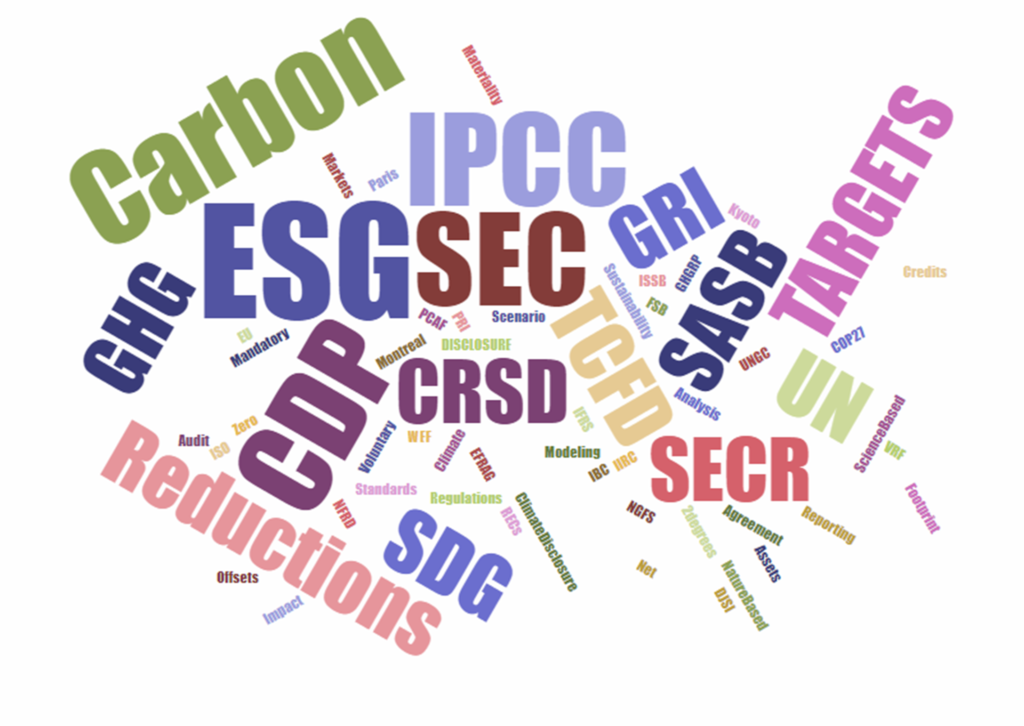The International Sustainability Standards Board (ISSB) combines standards from CDP, CDSB, SASB, IIRC, GRI, and TCFD, with the goal of consolidating key standards into one global framework for sustainability reporting. IFRS S1 requires an entity to disclose information about all sustainability-related risks and opportunities that could reasonably be expected to affect the entity’s cash flows, its access to finance or cost of capital over the short, medium or long term (collectively referred to as ‘sustainability-related risks and opportunities that could reasonably be expected to affect the entity’s prospects’).
Under this voluntary framework, companies report on:
- The governance processes, controls and procedures the entity uses to monitor, manage and oversee sustainability-related risks and opportunities
- The entity’s strategy for managing sustainability-related risks and opportunities
- The processes the entity uses to identify, assess, prioritise as well as monitor sustainability-related risks and opportunities
- The entity’s performance in relation to sustainability-related risks and opportunities, including progress towards any targets the entity has set or is required to meet by law or regulation.
IFRS S1 is effective as of the annual reporting periods beginning on or after 1 January 2024. Earlier applictaion is permitted as long as IRFS S2 Climate-related Disclosures is also applied.
- Short Name: IFRS S1
- Region: Global
- Status: Voluntary
- Organizations Affected: Organizations of all sizes who wish to voluntarily disclose their environmental impacts and climate risk.
- Source Link

